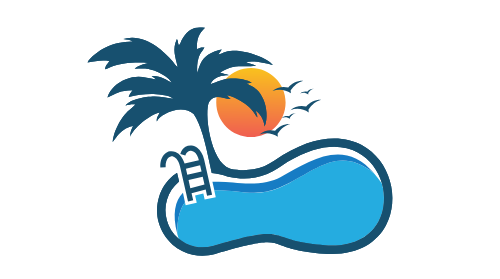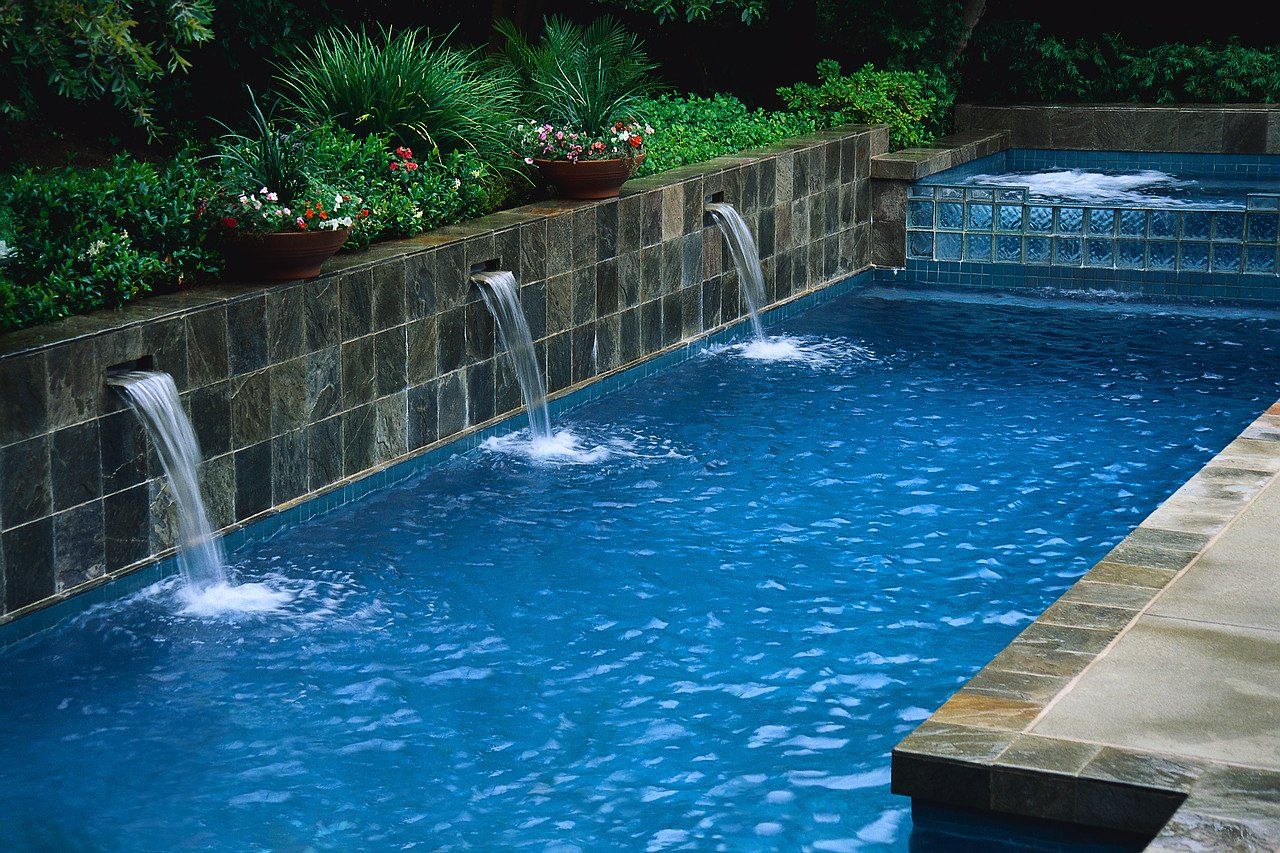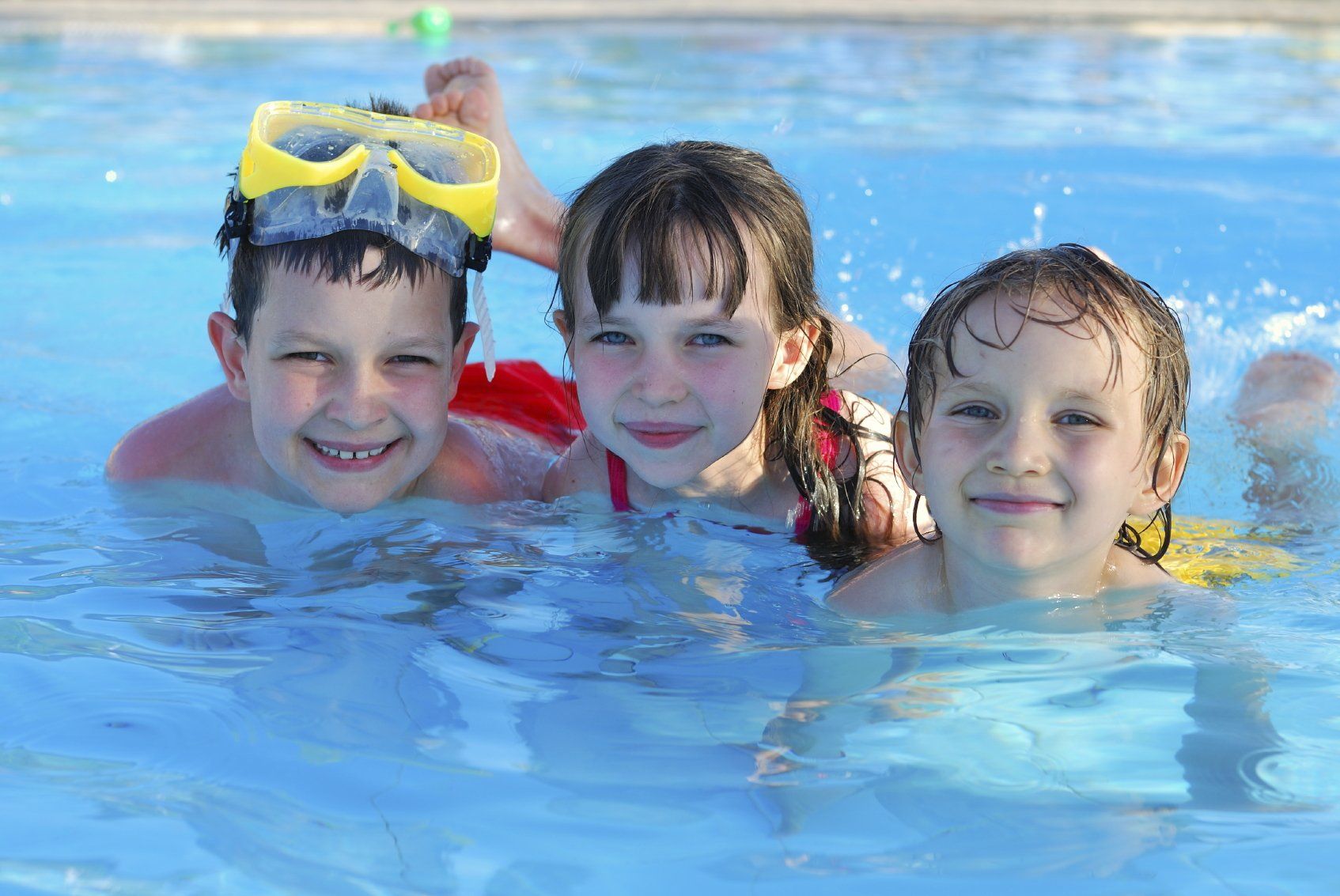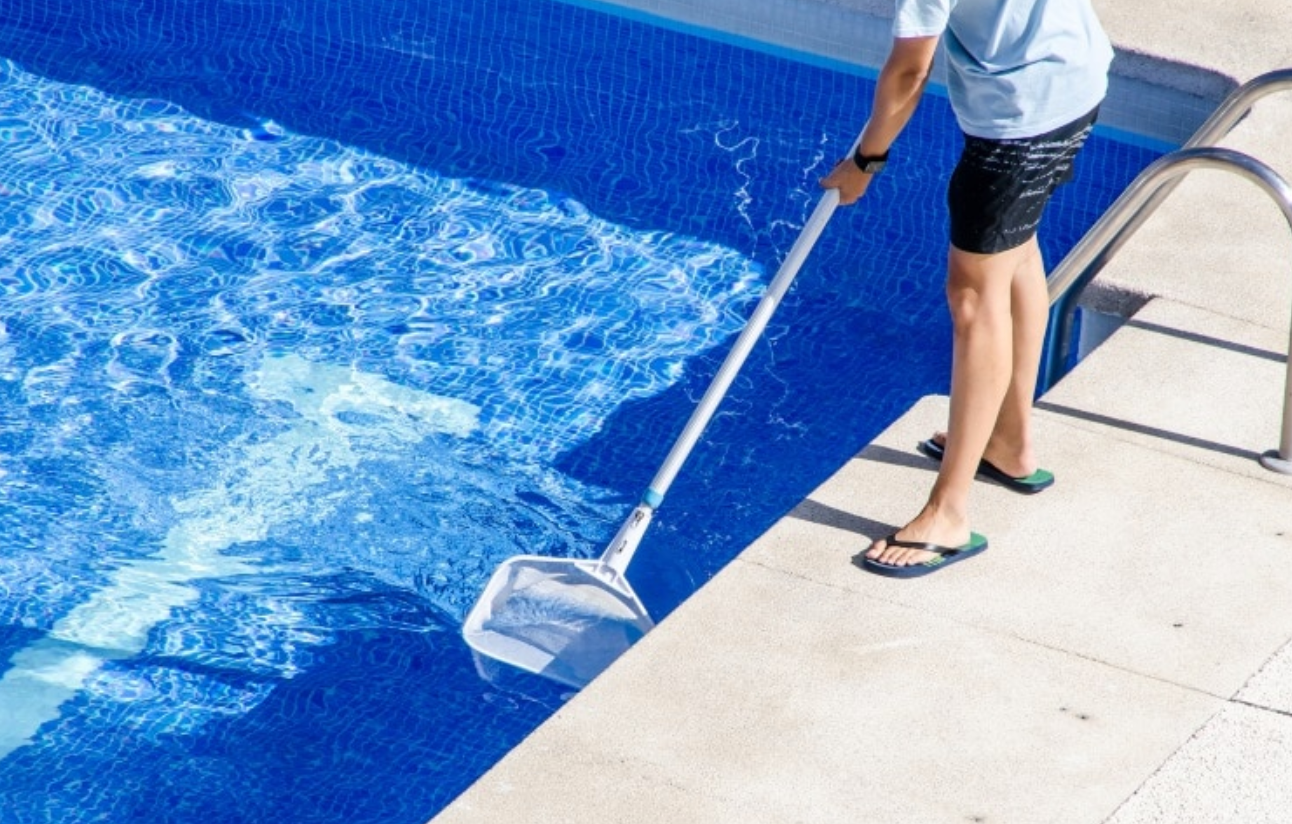HOW TO REDUCE YOUR POOL
PUMP ENERGY BILLS
To be honest with you, pool pumps are underrated and are not accorded the credit they deserve. Pool owners have the tendency of forgetting these powerhouses completely, even when they are the ones that keep things operating smoothly behind the scenes. Essentially, it is the pool pump that circulates the water in the pool, distributes chemicals, and also speeds up the heating process.
See, you can’t swim in a pool without a pump; why? Simply because you will be swimming in super cold and murky water. But your pool has a pump obviously, so you don’t have to worry about this.
Wondering why this is the case? Well, it’s pretty simple actually – that there is more than one answer to it. You have to consider the rule of thumb as well as the amount of time it takes, depending on your specific pool system.
In this article we are going to look at both of these considerations and we will also give you a few tips on how you can make your pump to be more efficient. So, just keep reading and find out more about your pool pump.
How Long To Run A Pool Pump
You see, for a pump to make a complete cycle through the water in a pool, it takes a certain amount of time. This is referred to as the turnover rate, and it varies with each pump. The turnover rate ranges somewhere between 6-10 hours on average. What this means is that, by running the pump for 8 hours in a day, you will be getting a bare minimum in each cycle, which is great.
But if you want optimal filtration, then you need to run 2 complete cycles. Needless to say that the time your pump takes to complete the two cycles, again, depends on the size of both your pool and the pump.
Figuring out the runtime for your pump that guarantees effective results may be tricky though. But don’t worry, as we told you, we want you to learn as much as you can regarding your pump. So continue reading;
How To Calculate How Many Hours To Run Your Pool Pump
- The pump’s flow rate in your pool (gallons per hour) – you will find this information either on the pump’s label/manual or on the product page online.
- Your pool’s size (gallons)
First, you need to determine the turnover rate by dividing the pool size by the flow rate, which is;
10000/2600 = 3.8 hours.
3.8 x 2 = 7.6
Easy, right?
Best Time Of Day To Run A Pool Pump: Night Or Day?
So, let’s start off by telling you that the time of day you decide to run your pool pump really matters, both to your wallet and to your pool as well.
See, due to the daylight heat, water loss is at its highest, so you will need a pool cover if you are running the pool pump. If you haven’t been using one, you need to start now. It will reduce water loss, save you money, and enhance heat retention.
So you see, you will pay fewer energy costs when you run the pump at night. You can be sure that this is a significant difference. And given that you may forget to turn on the pump before going to bed – you know, human nature – there is a tool that you can use to automatically turn the pump on at a particular time.
As we conclude, yes, it is ideal to run your pool pump for 8 hours a day, but running 2 complete cycles is even better. After all, the longer the cycles, the better the circulation will be and the cleaner the water will be. And that you will be able to calculate your pump’s runtime, nothing is stopping you from having the most efficient pool pump, which leads to a crystal clear pool.
POOL CLEANING SERVICES SIMPLIFIED.
We treat every pool as if it's our own and take it quite seriously (maybe a little too seriously). We just believe in treating our clients the way we would want to be treated.
Founder




